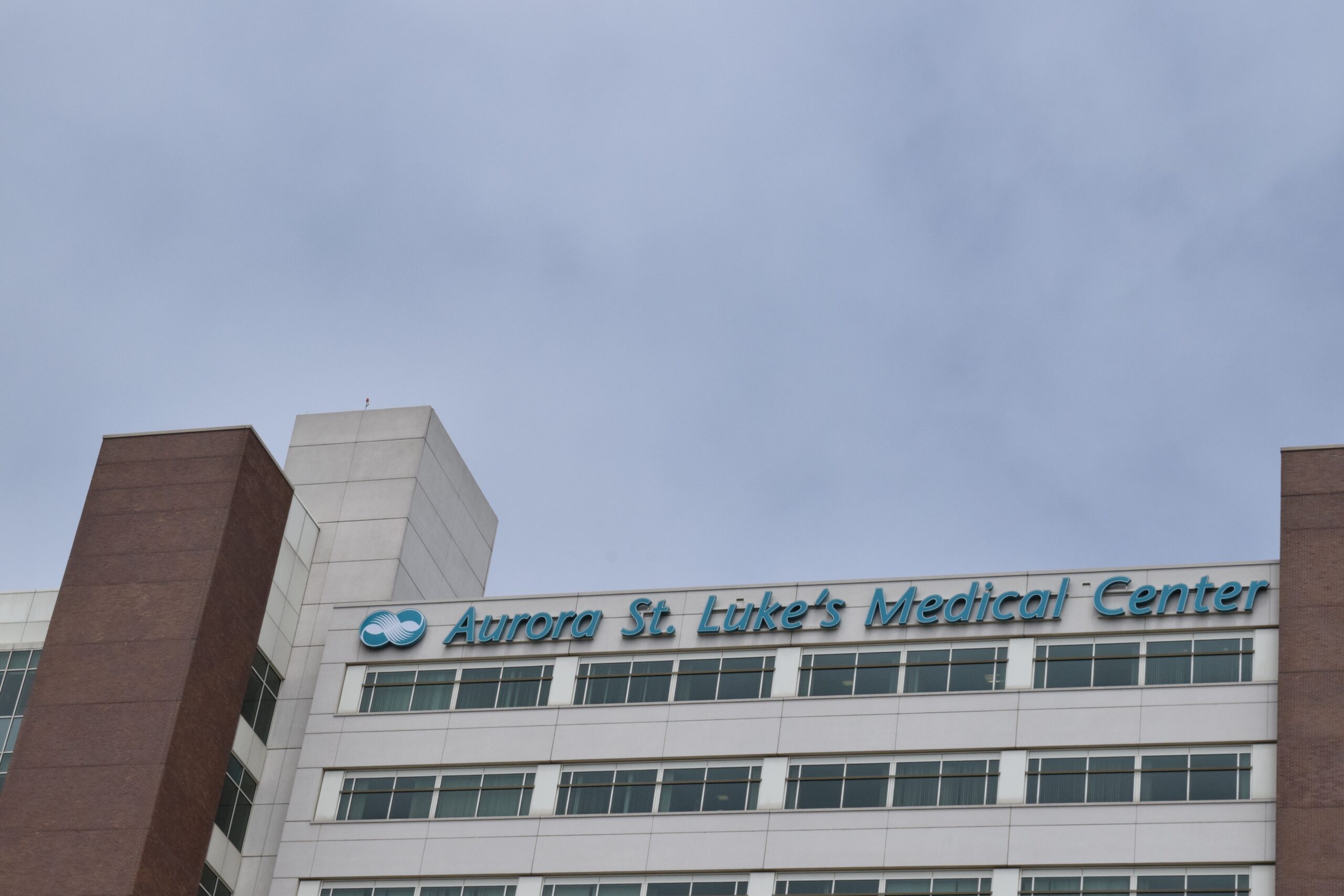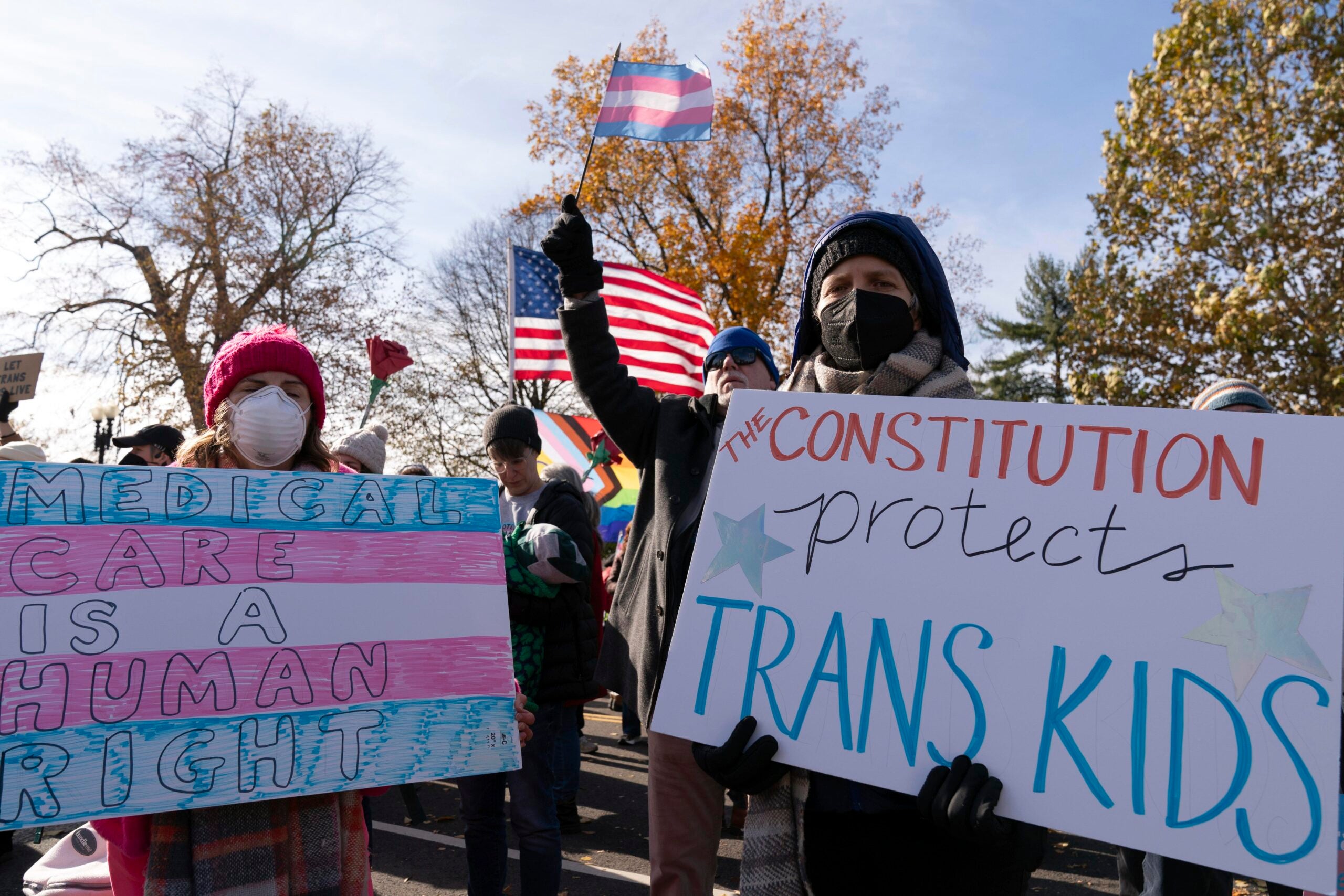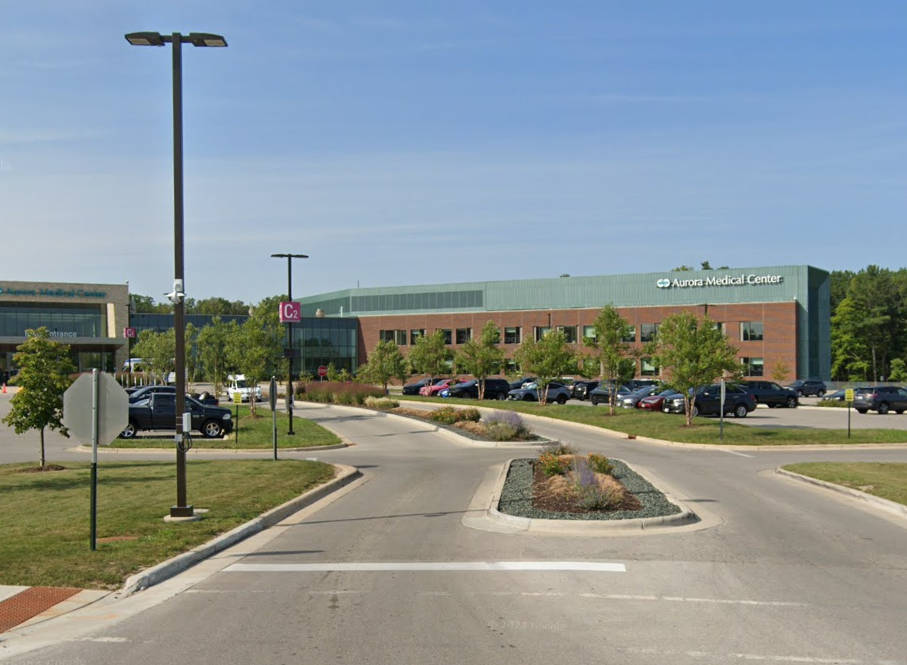Advocate Aurora Health plans to reduce the number of admissions in its hospitals for elective procedures by 50 percent as its facilities continue to see a surge of COVID-19 patients.
Executives with the Milwaukee-based health care system made the announcement Monday during a media call. The policy will take effect later this week.
“We’re in the midst of an absolutely abysmal second wave of this pandemic,” said Dr. Robert Citronberg, Advocate Aurora’s executive medical director of infectious disease and prevention. “Nationally, we just went over the 11 million mark (of COVID-19 cases) and it only took six days to get from 10 million to 11 million cases.”
News with a little more humanity
WPR’s “Wisconsin Today” newsletter keeps you connected to the state you love without feeling overwhelmed. No paywall. No agenda. No corporate filter.
Advocate Aurora is the largest health care system in eastern Wisconsin and also has facilities in Illinois.
The system is treating more COVID-19 patients in its hospitals now than they have since the pandemic began, said Dr. Jeff Bahr, chief Aurora Medical Group officer.
In Wisconsin, Advocate Aurora is treating 489 patients at its hospitals. The system’s St. Luke’s Medical Center in Milwaukee currently has the highest number with 137 coronavirus patients; the next highest in metro-Milwaukee is Aurora West Allis Medical Center, with 52 patients.
Last week, Advocate Aurora announced it was suspending drive-thru and walk-up COVID-19 community testing in Milwaukee, Green Bay and Kenosha.
At the time, the system said the number of COVID-19 inpatients across our system and in the greater Milwaukee region has multiplied by more than five times in two months.
Other health care systems in the state say they are also considering reducing admissions for less-urgent procedures. That includes Froedtert and the Medical College of Wisconsin Health Network.
According to spokesperson Gerry Steele, that system is currently treating 211 COVID-19 patents at hospitals in Wauwatosa, Menomonee Falls and West Bend.
“The safety and well-being of our patients, staff and community is always our priority,” Steele said. “We have a process in place throughout our health network to screen for, test, isolate and care for individuals with COVID-19.”
Change In Treatment
Advocate Aurora’s Citronberg treated some of the first COVID-19 patients in the state and said providers have learned a great deal over the last eight months about treating the disease, including therapeutics and ventilation.
“We’re so much better now at keeping patients off of ventilators,” Citronberg said. “Steroids have been a huge advance. We have drugs like remdesivir, we have convalescent plasma. We didn’t have any of these things when the pandemic began. So in some ways it’s actually easier to take care of the patients, or we get better results now.”
Mary Beth Kingston, Advocate Aurora’s chief nursing officer, said patients are doing much better than they did a few months ago.
“It’s really heartening to see so many of our patients do well,” Kingston said.
Personal protective equipment and ventilators are no longer in short supply. Now the biggest worry is keeping hospitals fully staffed and health care workers well, Bahr said.
Thanksgiving Tipping Point
Providers on the call Monday advised canceling in-person Thanksgiving dinners with anyone outside immediate family — and probably doing the same over Christmas.
“Even if we don’t have a surge after Thanksgiving, it’s still going to be very taxing on our health care system, the sheer number of people infected,” Citronberg said. “If Thanksgiving turns out to be superpsreader events, if Christmas turns out to be superspreader events, we’re going to see numbers that we couldn’t even possibly imagine.”
Citronberg said that over the summer, people were lulled into a feeling of complacency by spending time outdoors with friends. But now that they’re back indoors, their behavior has not changed.
That coupled with pandemic fatigue has the potential to be explosive, he said.
“Let’s take a mulligan for 2020,” Citronberg said. “We need to buckle down and get through this winter. There is the promise of a much brighter spring or summer. Things are going to look more like normal, we need to just keep our eyes on the prize.”
Wisconsin Public Radio, © Copyright 2025, Board of Regents of the University of Wisconsin System and Wisconsin Educational Communications Board.







